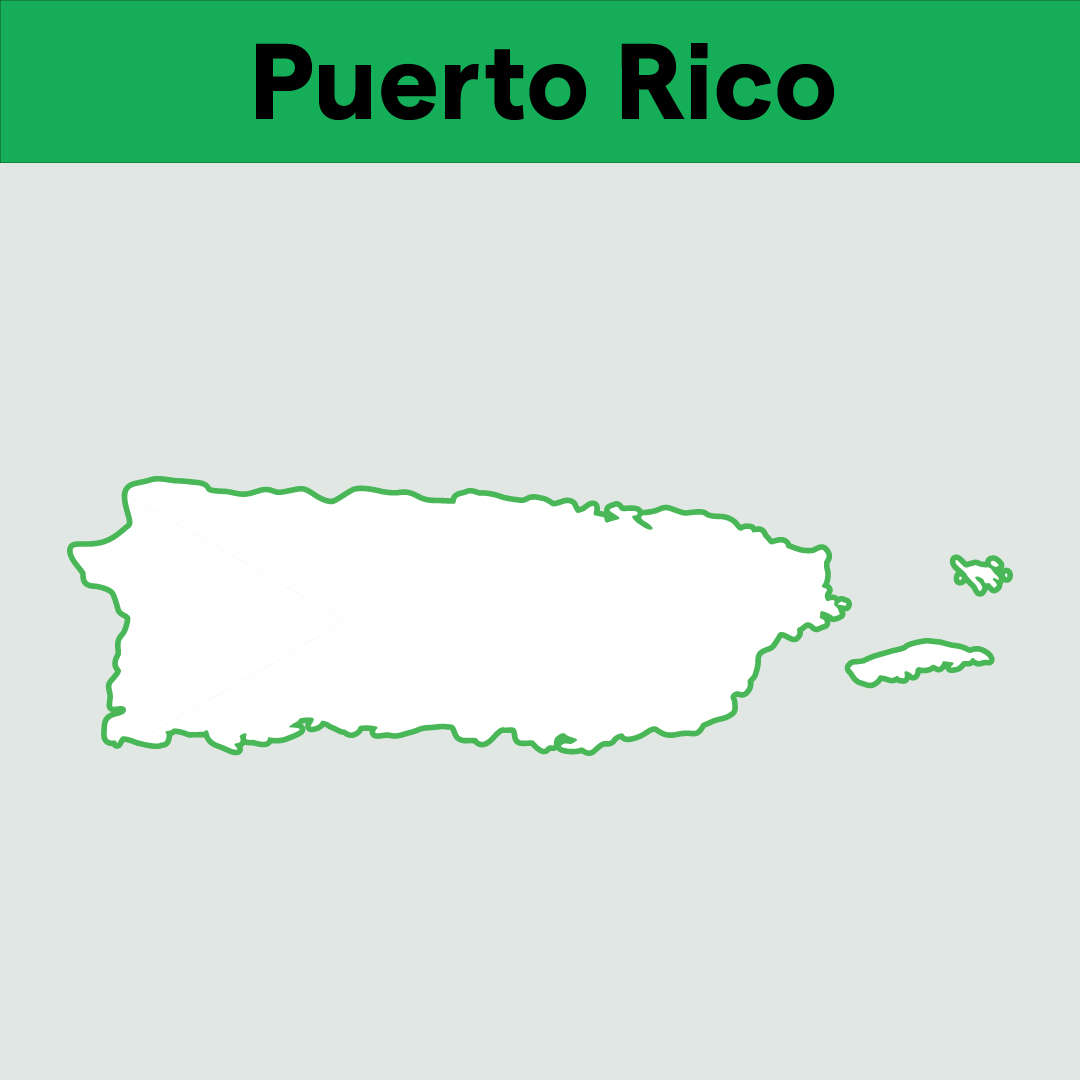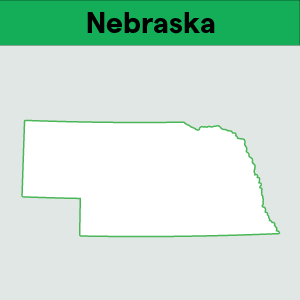Maine’s marketplace facilitator sales tax law, explained
by May 28, 2024
Please note: This blog was originally published in 2019. It’s since been updated for accuracy and comprehensiveness.
The state of Maine requires marketplaces to collect sales tax on behalf of sellers on online marketplaces like Amazon and eBay.
This means that if you sell on a platform like Amazon, then Amazon will collect sales tax from your Maine buyers on your behalf, and remit it to the state.
But as usual, there are always a few wrinkles here when it comes to e-commerce sales tax.
This post will explain what online sellers need to know about the Maine marketplace facilitator law, and answer your frequently asked questions.
Overview of the Maine marketplace facilitator law
Maine’s marketplace facilitator law states that marketplace facilitators in Maine collect Maine sales tax on behalf of third-party sellers in the previous or current calendar year if the marketplace facilitator exceeds $100,000.00 in retail sales; or there are at least 200 separate sales transactions into Maine.
The remote seller does not have to count the sales done through a marketplace facilitator when calculating the above criteria.
Quick facts about the Maine marketplace facilitator law
-
- Effective date: October 1, 2019
- Threshold: This law requires that marketplace facilitators in Maine collect Maine sales tax on behalf of third-party sellers in the previous or current calendar year if the marketplace facilitator exceeds $100,000.00 in retail sales; or there are at least 200 separate sales transactions into Maine.
- The remote seller does not have to count the sales done through a marketplace facilitator when calculating the above criteria.
- State law information: Read the full text of the Maine marketplace facilitator law.
- Marketplaces that have adopted this law:
Frequently asked questions about marketplace facilitator laws
What exactly is a marketplace facilitator in Maine?
Maine law defines marketplace facilitators as any person that facilitates a retail sale by providing a marketplace that lists, advertises, stores, or processes orders for tangible personal property or taxable services for sale by marketplace sellers and directly, or indirectly through one or more agents, contractors or affiliated persons, does any of the following:
Does this mean I can stop collecting Maine sales tax?
It depends. Every business’s sales tax situation is unique to that business.
All marketplace facilitators with a substantial physical presence in Maine are required to register for and collect Maine sales and use tax.A marketplace facilitator without substantial physical presence in Maine is required to register to collect and remit Maine sales and use tax if:
- The marketplace facilitator’s gross sales from delivery of tangible personal property or taxable services into Maine in the previous calendar year or current calendar year exceeds $100,000; or
- The marketplace facilitator sold or facilitated sales of tangible personal property or taxable services for delivery into Maine in at least 200 separate transactions in the previous calendar year or current calendar year.
Let’s look at a couple of common scenarios for businesses who have sales tax nexus in Maine.
Example #1: You only make sales on online marketplaces.
In this example, you only sell on Amazon and eBay. Because Amazon and eBay are both now collecting sales tax from buyers on your behalf, you are not required to collect sales tax from your buyers. (However, you may still be required to file periodic sales tax returns. See “Does this mean I can cancel my Maine sales tax permit?” below.)
Example #2: You sell on online marketplaces and your own online store and/or brick and mortar store.
In this case, you’d still be required to collect sales tax from buyers who purchase from you through your own online store (for example, via your BigCommerce or Shopify store). And you would still be required to collect sales tax from your brick and mortar customers.
Marketplace facilitator laws only cover marketplaces. The state still requires that merchants collect sales tax from buyers via sales channels where the marketplace facilitator laws do not apply.
Does this mean I can cancel my Maine sales tax permit?
It depends.
If the marketplace facilitator only facilitates sales on behalf of marketplace sellers, the sales of all of its marketplace sellers should be reported under one single tax registration number.
If the marketplace facilitator also makes direct sales of tangible personal property or tangible services for delivery into Maine, the marketplace facilitator should have a separate sales tax account number on which to report facilitated sales. If both types of sales are done by the same entity and have the same FEIN or SSN, the two accounts may be reported under a consolidated return.
But first, a word of caution. We recommend checking directly with the state or a sales tax expert before cancelling your sales tax registration. This is because your business is now on the state of Maine’s books and potentially on their radar should they decide that you still have sales tax obligations in the state of Maine.
Final note: It’s important to assess your business before making a decision about cancelling sales tax permits. Are you in a growth stage? Do you plan to expand and think you may have Maine sales tax collection requirements in the future? Then you may want to hang on to your Maine sales tax permit rather than cancelling it and going through the administrative hassle of registering again in the future. This business decision is up to you.
Do I still need to file a Maine sales tax return?
A marketplace facilitator is considered a retailer for each sale of tangible personal property or taxable services for delivery in Maine that the marketplace facilitator facilitates on or through its marketplace. The marketplace facilitator is responsible for collecting and remitting sales tax in the same manner as any other retailer in this State, as well as all obligations imposed by the Maine sales and use tax laws, including timely filing and payment of tax returns, recordkeeping requirements, etc.
A marketplace facilitator shall provide a written statement to a marketplace seller, attesting that the marketplace facilitator will collect and remit sales tax on all taxable sales facilitated on behalf of that marketplace seller.
If you only make sales via marketplaces, and all of your marketplaces collect sales tax from buyers on your behalf, then you may only be required to file a “zero return.” (This is a return showing that you do not have any sales tax to remit to the state.)
If you no longer have any sales tax to remit to the state of Maine, we recommend checking directly with the state to determine if you can cancel your sales tax registration.
Be cautious here. If you are registered for a sales tax permit and do not file, the state can assess penalties even though you don’t have any sales tax to remit! We have, unfortunately, talked to too many sellers who have found this out the hard way when a tax penalty bill arrives.
What do I do with any Maine sales tax I have already collected?
If you have already collected Maine sales tax from buyers, it is vital that you remit that amount to the state. The only way to get in serious criminal trouble in sales tax is to collect sales tax from buyers on the state’s behalf but keep it in your own pocket.
Does TaxJar handle this for me?
Yes.
TaxJar AutoFile handles Maine sales tax automatically
TaxJar AutoFile automatically compiles your sales tax data the way the state of Maine wants it filed. For example, many states, Maine included, want sellers to break down their sales tax collected interstate (sales originating in Maine sent to another state) and intrastate (sales made from Maine to Maine.)
If a marketplace has collected sales tax on your behalf, TaxJar reports that directly to the state so that the state is aware you have met your sales tax obligations.
If you currently AutoFile your Maine sales tax returns, you don’t need to do a thing. It’s handled!
TaxJar reports give you all the info you need to file manually
If you prefer to file manually, your TaxJar Reports also reflect what the Maine Revenue Services wants to see on your tax return.
Also don’t worry that you will double pay. TaxJar accounts for sales tax collected on your behalf, and only shows you the amount you owe to the state out of your pocket.
Further reading on Maine sales tax and marketplace facilitator laws:
- TaxJar’s Marketplace Facilitator FAQ
- State by State: Marketplace Facilitator Laws Explained
- Maine’s Sales Tax Guide for Businesses








